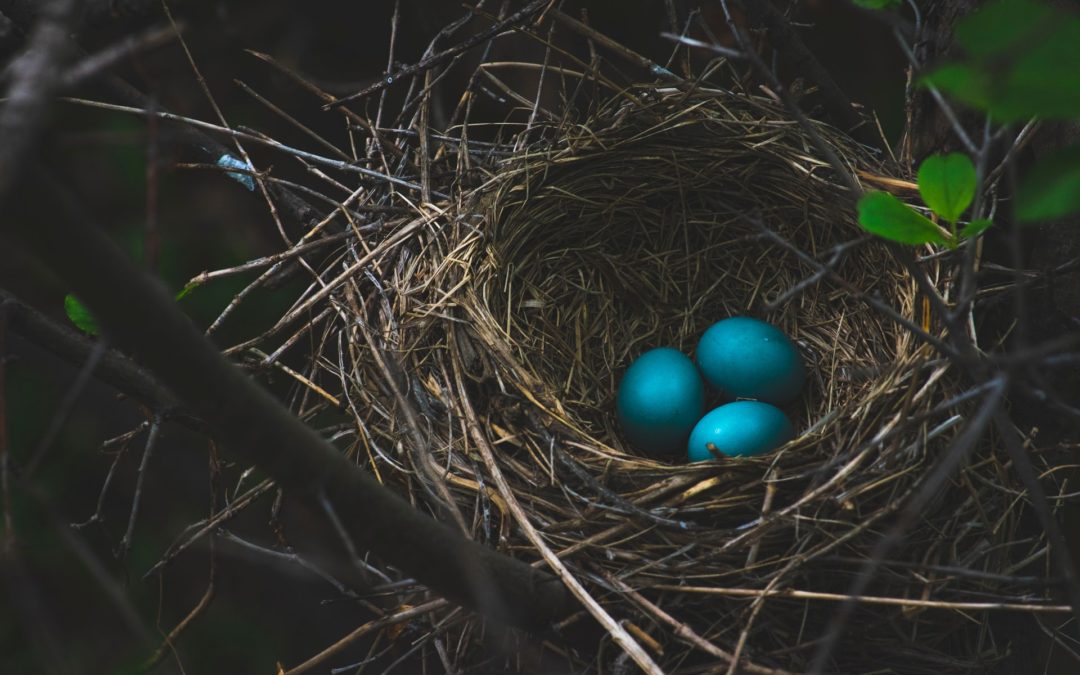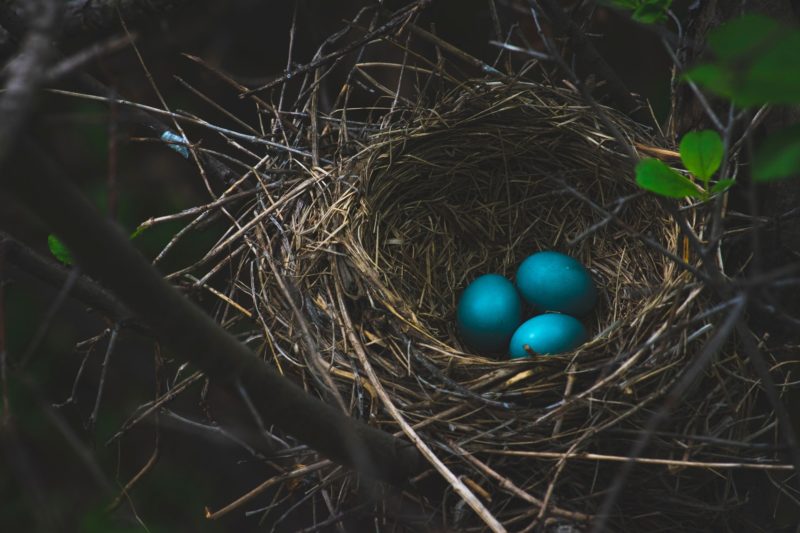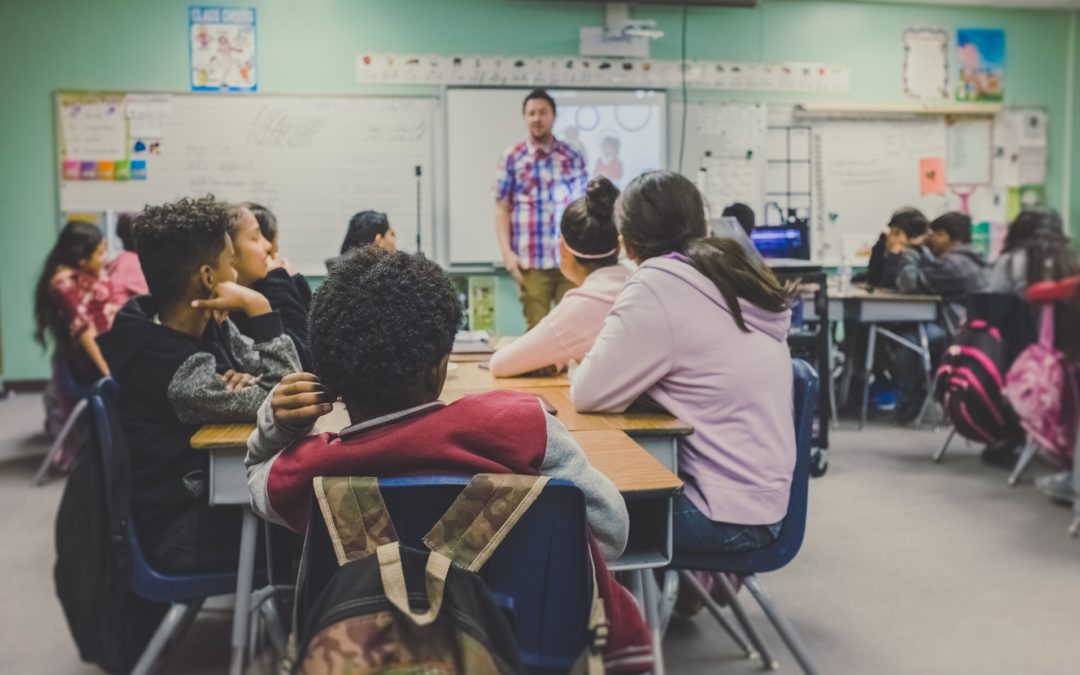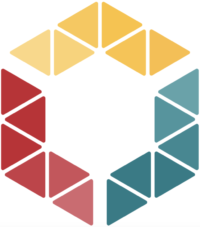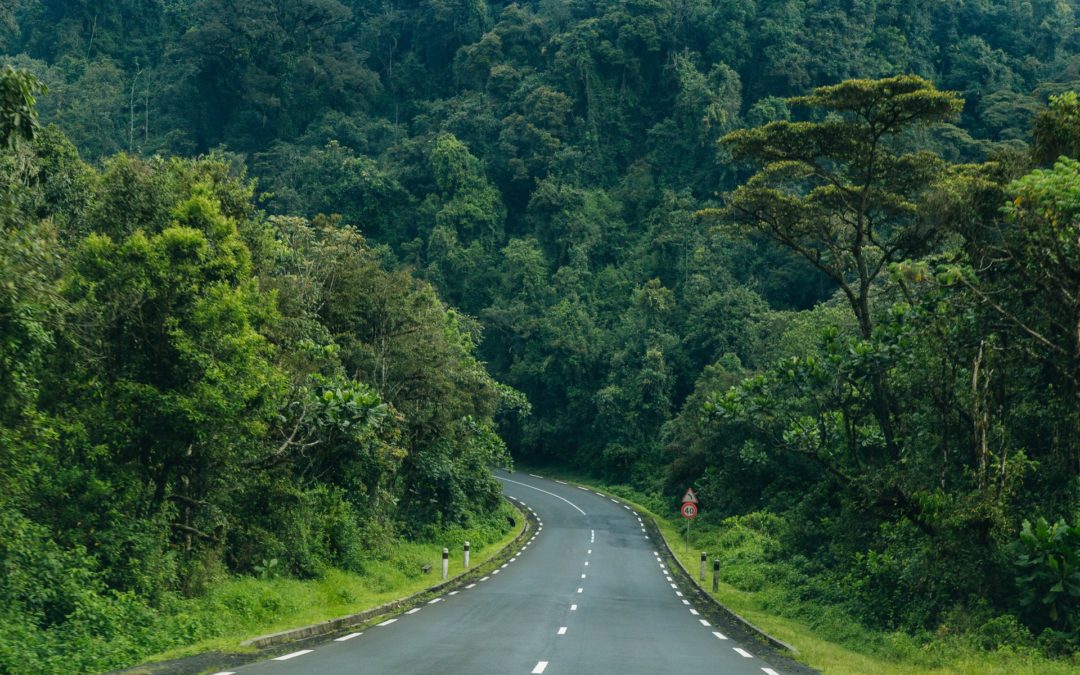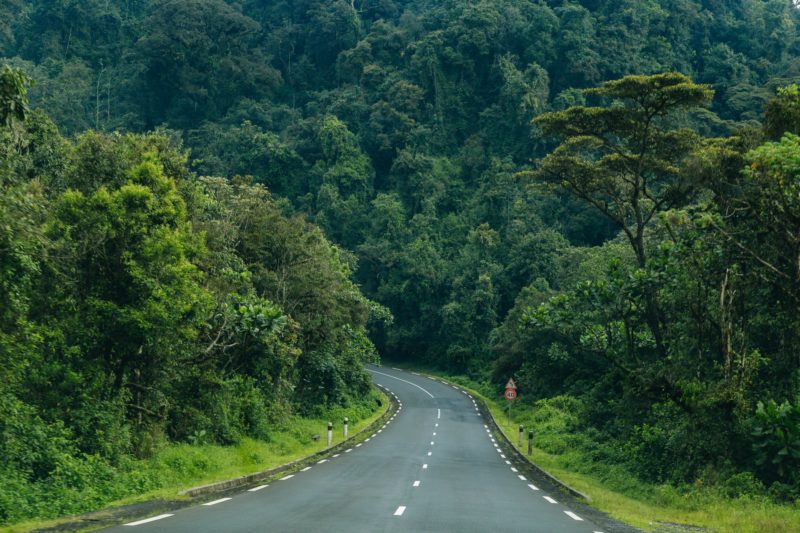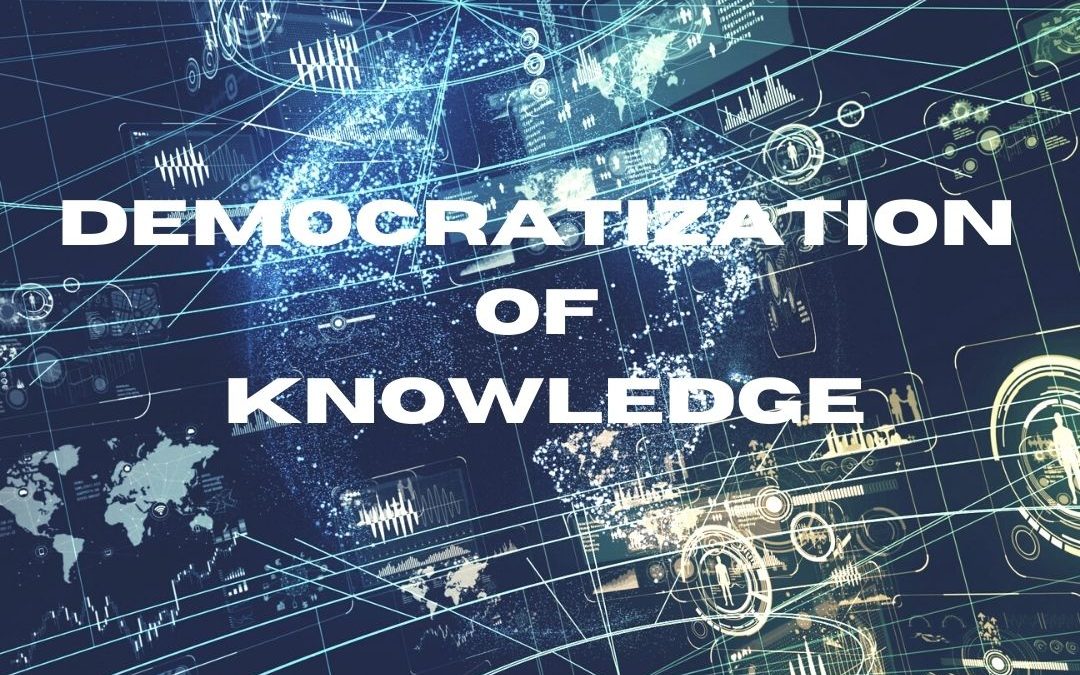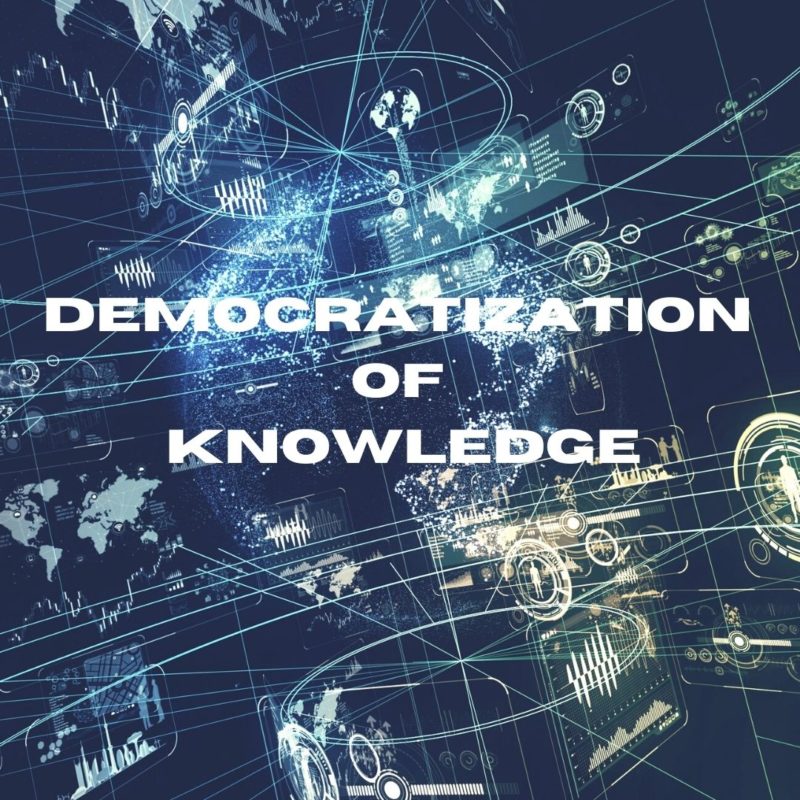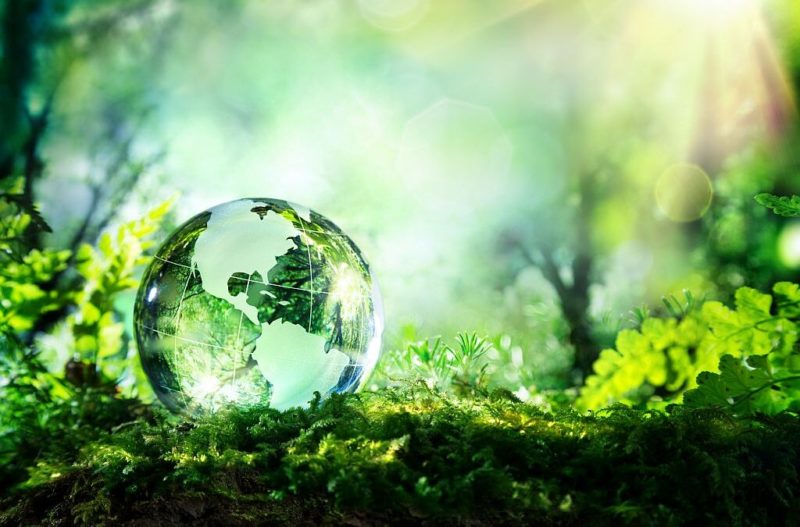
The Origins of the term Sustainable Development
The Origins of the term Sustainable Development
Saturday, September 19, 2020, by Ayman El Tarabishy
We have imagined tomorrow’s world. It is a world that celebrates and nurtures the essential diversity of life, cultures, and peoples.
In declaring an end to the status quo, we are simultaneously admitting and choosing to move towards sustainability, human-focused efforts, and ecological endeavors that uplift the human-Earth symbiotic relationship. In our efforts to seek sustainable efforts and to foster sustainable practices within and throughout entrepreneurship, we must first define the term, so that we can more greatly embody its cyclical, caring, and forward-focused nature.
On an unassuming day in November 1998, in Fontainebleau, 25 miles outside Paris, one of the most significant environmental conferences of the 20th century was finding its conclusion. During the previous three days, 350 inspired leaders, policymakers, and scientists from around the world had gathered to celebrate the 50th Anniversary of the International Union for Conservation of Nature (IUCN) and to reflect on the organization’s historic achievements since its founding in 1948. During the conference, however, rather than focus solely on past successes, IUCN positioned itself as a visionary among conservation organizations by bringing attention to the future under the theme of “Imagine Tomorrow’s World.” In doing this, IUCN laid the foundations of the developing concept and understanding of the “Ecozoic Era,” a period of enhanced human-Earth symbiosis beginning at the commencement of the 2nd millennium and continuing into the present day.
The commemoration’s concluding “Appel de Fontaintainebleau,” or the Fontainebleau Challenge reflected the tripartite attention of the organization: human consumption, ecological conservation, and our interdependent communities. In their universal appeal to the attending chiefs of state, IUCN declared:
We have imagined tomorrow’s world. It is a world that celebrates and nurtures the essential diversity of life, cultures, and peoples. It is a world in which we will embrace a new environmental ethic that recognizes that without nature, there is no happiness, no tranquility, no life…Our challenge is not just to imagine, but to build a world that values and conserves nature and that is confident in its commitment to equity.[1]
IUCN’s historic challenge to its members established an organizational philosophy of connectedness between humans and the earth and, thus, ushered in an enhanced understanding of sustainable development. Out of many heads of state in attendance, the commitment of the French government, specifically, to bridge conservation initiatives with sustainable ecological management was cemented through the attendance of Jacques Chirac, the French President (1995–2007). President Chirac gave opening remarks at the conference, and the French Prime Minister, Lionel Jospin (1997–2002), concluded the event with an endorsement of the ICUN’s work.
Amongst all of the speeches and remarks were given by key world and environmental leaders, the history-altering moment was surprisingly mentioned as an off-hand comment during a reception and tour of the National Museum of Natural History in Paris. In his welcoming remarks, Henry de Lumley, former Director of the Museum from 1994–1999, mentioned the term “development durable,” meaning sustainable or resilient development, which happened first to be used at the Museum 1920s. The employment of this term came as a surprise.
Those who participated throughout the preparatory process for the 1992 United Nations Conference on Environment and Development, or the so-called “Earth Summit,” in Rio de Janeiro had assumed that the term originated from the Brundtland Commission in the 1980s. By 1983, the UN had documented growing worldwide environmental degradation over the previous ten years, affecting both human and natural resources. Out of a need to rally UN countries to commit to unified preventative actions against a worsening environment, the UN established the World Commission on Environment and Development, which ultimately became known as the Brundtland Commission, to recognize former Prime Minister of Norway Gro Harlem Brundtland’s role as Commission Chair. During the next four years, the Commission documented, analyzed, and formulated action plans to tackle environmental challenges, culminating in the publication of a landmark report in 1987, titled Our Common Future. Through the report, the term “sustainable development” became an accepted term in the international development lexicon. An oft-used definition taken from the report defines sustainable development as “a process of change in which the exploitation of resources, the direction of investments, the orientation of technological development, and institutional change are made consistent with future as well as present needs.”[2]
Our Common Future fundamentally changed the way development work was both engaged with and experienced. By pivoting the focus of development from isolated economic actions to a holistic process, the needs of the present community — both human and other — are met “without compromising the ability of future generations to meet their own needs.”[3] Through research, it has not been able to find any proof to validate Director de Lumley’s reference to the term sustainable development dating back to the 1920s. However, his statement has permanently imprinted itself into the minds of many due to the remarks singular importance spoken in the exact place that demonstrates how natural and human worlds can appropriately exist together.
The National Museum of Natural History serves as a place that, compellingly, draws us back through millennia while simultaneously propelling us into the future. With its unique ability to communicate publicly through its exhibits, the National Museum of Natural History allows visitors to understand how we, humans, developed as a species on earth, tracing the origins of life and our development as a species from the Cenozoic, Mesozoic, and Paleozoic eras into the present day. In drawing these connections, visitors can understand our intrinsic connection to the world around us and the cosmos, while realizing that we have entered a new era: the “Ecozoic Era” as coined by Thomas Berry, a cultural historian, in his 1989 book The Universe Story, co-written with Brian Swimme. The “Ecozoic Era” can best be described as the “geologic era in which humans live in a mutually enhancing relationship with Earth and the Earth community.”[4]
Berry’s writings, ruminating on humanity’s relationship to the natural world, were provoked mainly by the environmental crises he witnessed during his lifetime in the 20th century. He urged his fellow humans to recognize their unique position on a planet within a vast and complex ecosystem and evolving universe. A quote from The University Story best represents his philosophy, “The world is a communion of subjects, not a collection of objects.”[5] Berry’s philosophy aligned closely with the Brundtland Commission’s model of sustainable development in that it recognized the mutually entangled benefits of ecological conservation to environmental and human populations.
Barry’s sustainable philosophy was deeply influenced by the teachings of Pierre Teilhard de Chardin, a French philosopher, geologist, and Jesuit Catholic priest. They theorized the relationship and evolutionary development of both the material and the spiritual world. While Teilhard’s writings were rooted in his greater belief in a divine presence, his various works became, after his death in 1955, a catalyst for developing the concept of the interlinking enhancement of humanity, the natural world, and the cosmos as a whole. A key component of Teilhard’s work was the notion of the noosphere, which he envisioned as a body of knowledge, human consciousness, or mental activity surrounding the earth, similar to the atmosphere, which worked to influence the biosphere and to continue its evolution. This concept has origins in the research of biogeochemist Vladimir Vernadsky; however, it differs in that Teilhard’s understanding of the noosphere stems from theology rather than science.
While initially considered to be a new age theory by established scientists, the creation of the Internet, which so to speak, surrounds the globe with a body of knowledge, as well as the more recent research connecting human ecosystems to the human impact on the biosphere has led to renewed interest in the noosphere theory. Despite its scientific flaws, it is clear that Teilhard’s early emphasis on sustainability and desire to find harmony between human and biological actions is critical to our current understanding of sustainable development.
Since Teilhard’s earliest philosophical writings, we have come full circle as a society in confirming the interconnected nature of humans and the world around us and the need for heightened development of sustainability. Being reminded of that memorable statement, made almost 22 years ago, in a setting that took usback through geologic eras and forwards into our present and ever-developing civilization, we are hopeful. We only now realize the significance of the National Museum in Paris, the Ecozoic era, and our collective understanding of “resilient and sustainable development.” In a time of pandemic and uncertainty, the idea of a shared future and harmony between humanity and nature brings hope and resolve to carry forward through our efforts towards sustainable development.
In the realm of entrepreneurship specifically, then, where does this leave us? As we walked through the overwhelming chaos and left the status quo behind, we made the decision, intentionally or unintentionally, to choose the path of the human. This is not mistaken as something that ignores our surrounding nature, but rather human-centered entrepreneurship is sustainable development. When the earth is cared for and respected, the human population becomes healthier, more active, and more empowered to make a further change for their species and others. It is the practice of Humane Entrepreneurship, which will one day transition from company culture to a global, cultural force that ensures both inputs and outcomes are grounded in sustainable ways. From the care of the environment and attention to the ozone to ensuring adequate standards for food quality and equitable opportunity for all, Humane Entrepreneurship is the vessel that will carry us into our sustainable world.
As we prepare for the upcoming 2021 ICSB World Congress in Paris, we are focusing on moving beyond Humane Entrepreneurship as a concept to be discussed but as one to be practiced. By making the conference exceptionally inclusive, we will share and learn how organizations are acting sustainably and how we, as a community, can act as a resource for small businesses and entrepreneurs around the world to implement and advance in their practice of Humane Entrepreneurship to nurture a sustainable and more resilient environment for all.
article by:
Dr. Ayman El Tarabishy, President and CEO, ICSB and Deputy Chair of the Department of Management, GW School of Business
Mr. Richard Jordan. Founder & Co-CEO of World Harmony Foundation
[1] “Annual Report IUCN 1998,” IUCN, 17.
[2] “Our Common Future,” World Commission on Environment and Development, 9.
[3] Ibid, 8.
[4] Allysyn Kiplinger, “What does Ecozoic mean?” The Ecozoic Times. 16 Sept 2020. https://ecozoictimes.com/what-is-the-ecozoic/what-does-ecozoic-mean/#:~:text=The%20term%20%E2%80%9CEcozoic%20era%E2%80%9D%20was,Earth%20and%20the%20Earth%20community.
[5] Brian Swimme and Thomas Berry, The Universe Story: From the Primordial Flaring Forth to the Ecozoic Era — A Celebration of the Unfolding of the Cosmos (New York: HarperCollins, 1989), 243.


